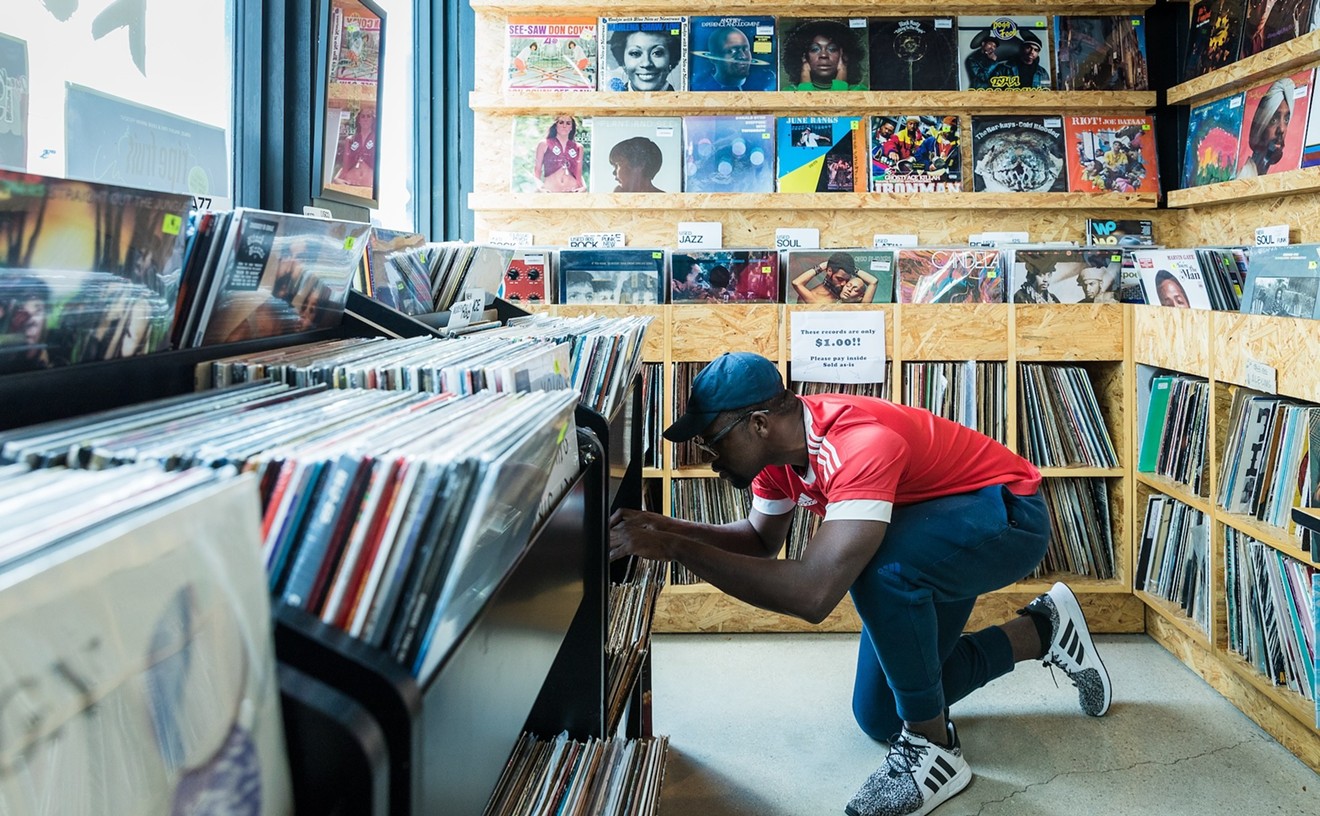At approximately 1 p.m. last Tuesday, Crossfade was stuck in traffic and listening to WVUM to pass the time. When we poked the 90.5 preset on our dashboard, the station's call numbers appeared, confirming that we had in fact selected the intended station. But the sounds coming out of our whip's soundsystem were inspiring some cognitive dissonance.
When tuning in to WVUM, voted MTV's "Best College Radio Station" for 2011, one expects dreamy keyboards, sexy/moan-y/reverb-y vocals, and a danceable beat. There are specialty shows that explore other terrain, but the station's default is generally one form or another of chill music, second only to house/techno/dance derivatives.
But on this occasion, we heard crashing, banging, quick linear blasts, sustained unidentifiable sounds, and an unusual amount of silence. Turns out, it was one of those specialty programs. But instead of punk or reggae or even talk, the DJ was spinning contemporary, avant-garde compositions under the banner of The Po Mo Show, i.e. the postmodern show.
Composer Dorothy Hindman has achieved an incredible body of work -- including compositions, public performances, and awards, all thoroughly documented on her website -- and as a UM alum herself, the professor was a shoe-in for her own program on The Voice. Deeply intrigued by contemporary avant-garde music on the radio, Crossfade shot Hindman some questions to get the full story.
You have a lengthy resume but it appears this is your first foray into radio. What have you been appreciating and/or disliking about the medium of a radio program in 2011?
-Louis Andriessen's De Stijl
-Gyorgy Ligeti's Desordre
-Charles Norman Mason's Hradcanska
-Tristan Murail's Territoires de l'Oubli
-Henryck Gorecki's Mvt II of Symphony No. 3
-Gerard Grisey's Talea
Older stuff:
-Stravinsky's Rite of Spring
-Steve Reich's Come Out
-John Cage's Sonatas and Interludes for Prepared Piano
-Olivier Messaien's Quartet for the End of Time
Follow Crossfade on Facebook and Twitter @Crossfade_SFL.










